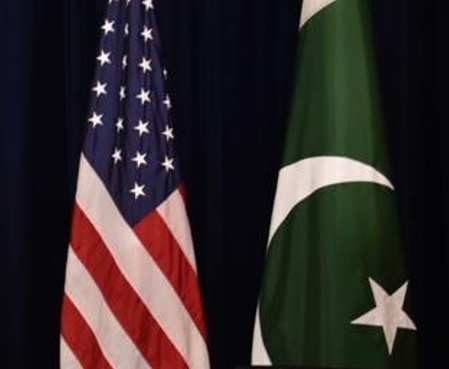New Delhi, Aug 8: While Pakistan may be celebrating its recent minerals and mining agreement with the United States, the ground realities—particularly in Balochistan—paint a far more complex and troubling picture.
The region, already fraught with violence and insurgency, is witnessing increasing resistance to foreign investments. The Baloch people have strongly opposed the new US deal, arguing that such agreements are made without their consent and fail to benefit the local population. They view these developments as exploitative, fueling further unrest.
Despite promises of economic growth, past projects such as the Saindak, Reko Diq, and the China-Pakistan Economic Corridor (CPEC) have failed to meet expectations. The Chinese experience in Balochistan has been marred by repeated attacks on their infrastructure and personnel. Now, the US may face similar challenges unless it acknowledges the political grievances of the local people.
Security concerns remain paramount. With the increasing number of attacks on economic installations, there is no guarantee that US investments will be secure. Even with a heavy military presence, basic infrastructure in the region remains incomplete, and the Pakistan Army’s record of safeguarding foreign interests—especially China’s—has been less than reassuring.
Analysts believe the Trump administration’s push for this deal is aimed at countering China’s dominance over global critical mineral supplies. These minerals are vital for powering advanced military technologies like drone fleets and directed energy weapons. However, any attempt by the US to operate in Balochistan without addressing the local demand for self-determination is likely to face backlash.
Pakistan’s financial desperation may be driving it to accept such deals, but the long-term success of these investments hinges on political inclusivity and stability. Without addressing the core issues in Balochistan, even the most ambitious foreign agreements risk failure.












